Time Travel: Exploring the Intriguing Concepts of Past and Future Travelling
Hey, guys! Today, I had a thought that's been keeping my mind occupied: time travel! It's a concept that has fascinated humanity for centuries, and we've seen it explored in science fiction and theoretical physics. So, I decided to dive deep into the intriguing ideas surrounding time travel to the past and the future. Let's start with the question of whether time travel to the past is even possible.
Time Travel to the Past - The Split Timelines Theory
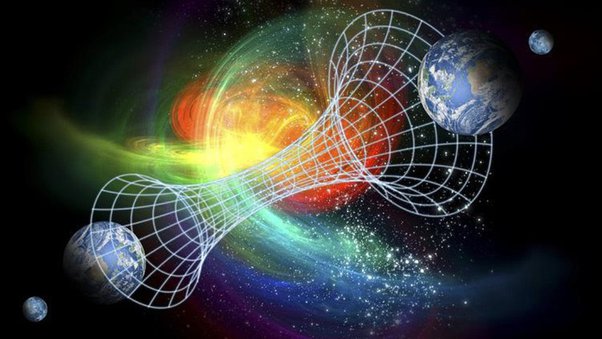
According to the split timelines theory, if time travel to the past were possible and you altered events, it wouldn't affect your own timeline. Instead, it would create a new parallel universe. This idea eliminates paradoxes like the "grandfather paradox," where a time traveler could prevent their own existence. But doesn't this mean we were never really going to our original past in the first place? If we traveled back in time, were we actually entering a new timeline that we created when hitting the start button of the time machine?
Answer: Yes, according to the split timelines theory, when we travel back in time, we enter a new parallel universe with an identical past to ours up to the point of our time travel. This means that we are not altering our own past; rather, we are creating a new timeline with potential differences from our original one.
Time Travel to the Future - Time Dilation
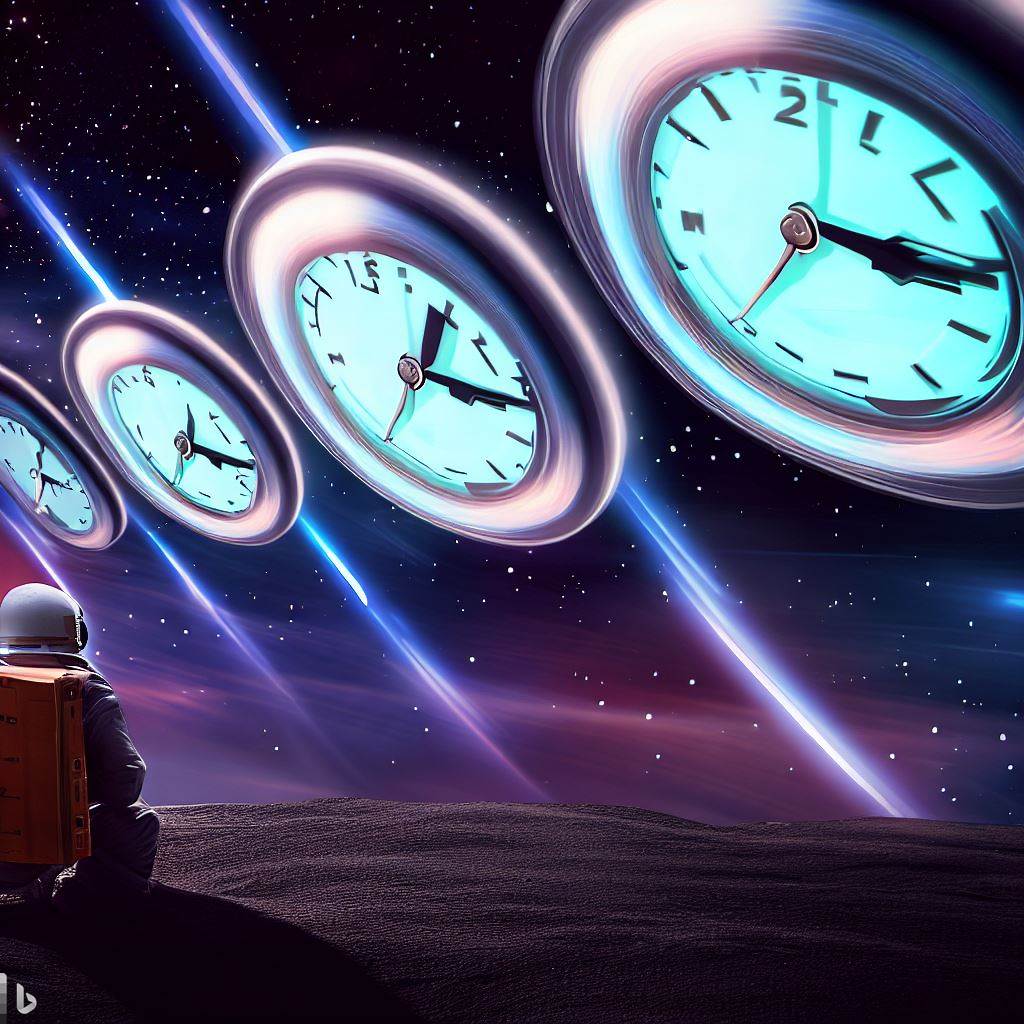
Now, let's talk about time travel to the future. In theory, time dilation is possible, as explained by Einstein's theory of relativity. When an object moves at a significant fraction of the speed of light or experiences strong gravitational forces, time passes more slowly for that object relative to a stationary observer. This allows objects, like astronauts traveling at high speeds or residing near massive celestial bodies, to effectively "time-travel" into the future.
Practical Challenges and Theoretical Constructs
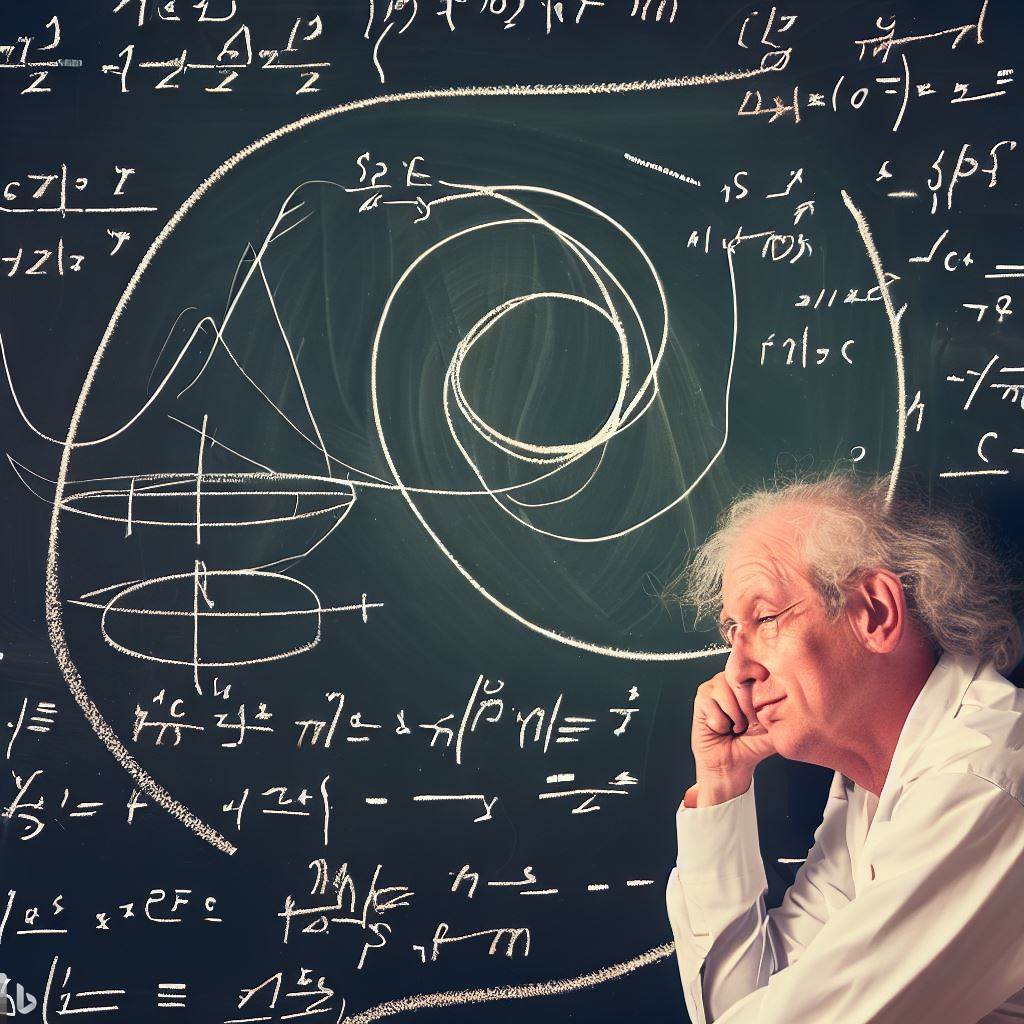
However, when it comes to time travel to the past, we encounter significant challenges. Theoretical constructs like closed timelike curves (CTCs) and wormholes are often explored, but they remain speculative and have not been proven feasible.
Closed Timelike Curves (CTCs) - Causality and Paradoxes
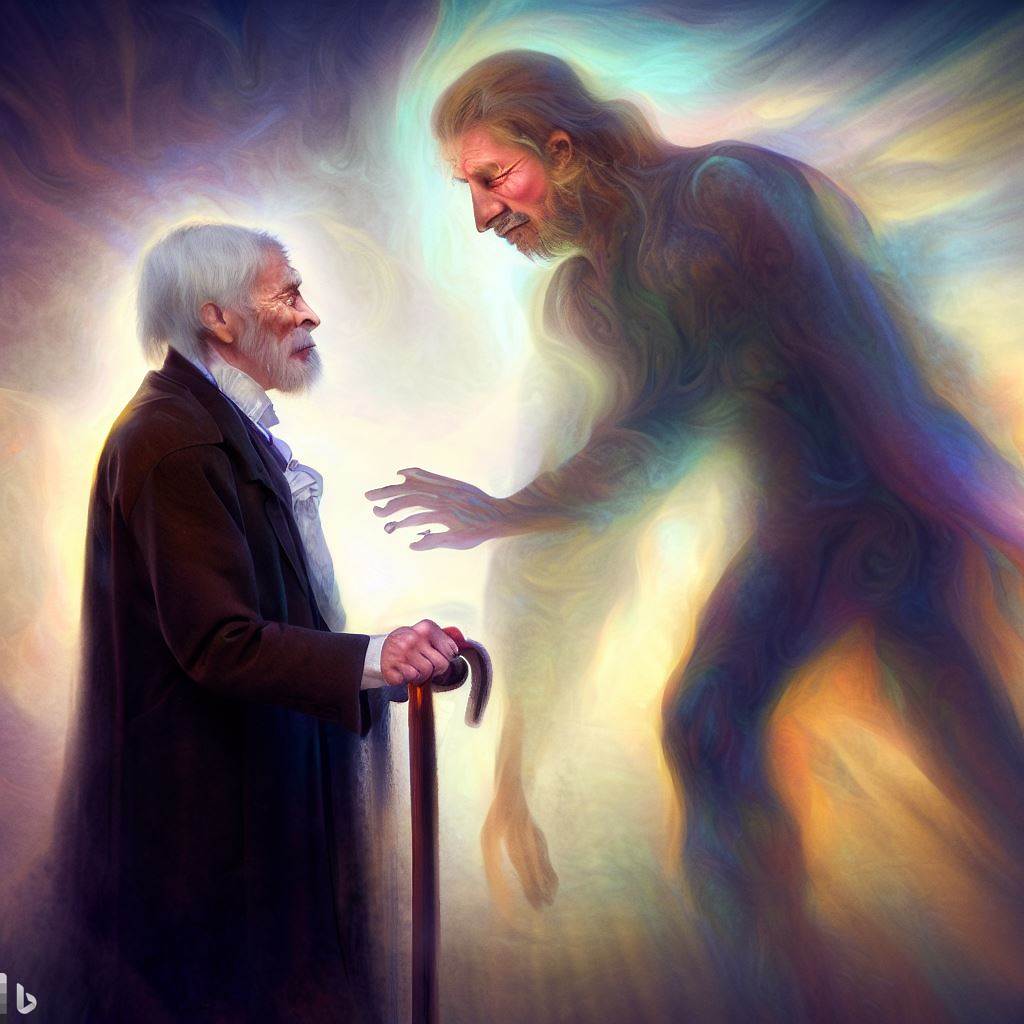
CTCs are paths through spacetime that loop back on themselves, theoretically allowing an object or information to return to its own past. However, this leads to causality violations and paradoxes, like the "grandfather paradox." Although fascinating, their feasibility remains uncertain.
Wormholes - Hypothetical Portals Through Spacetime
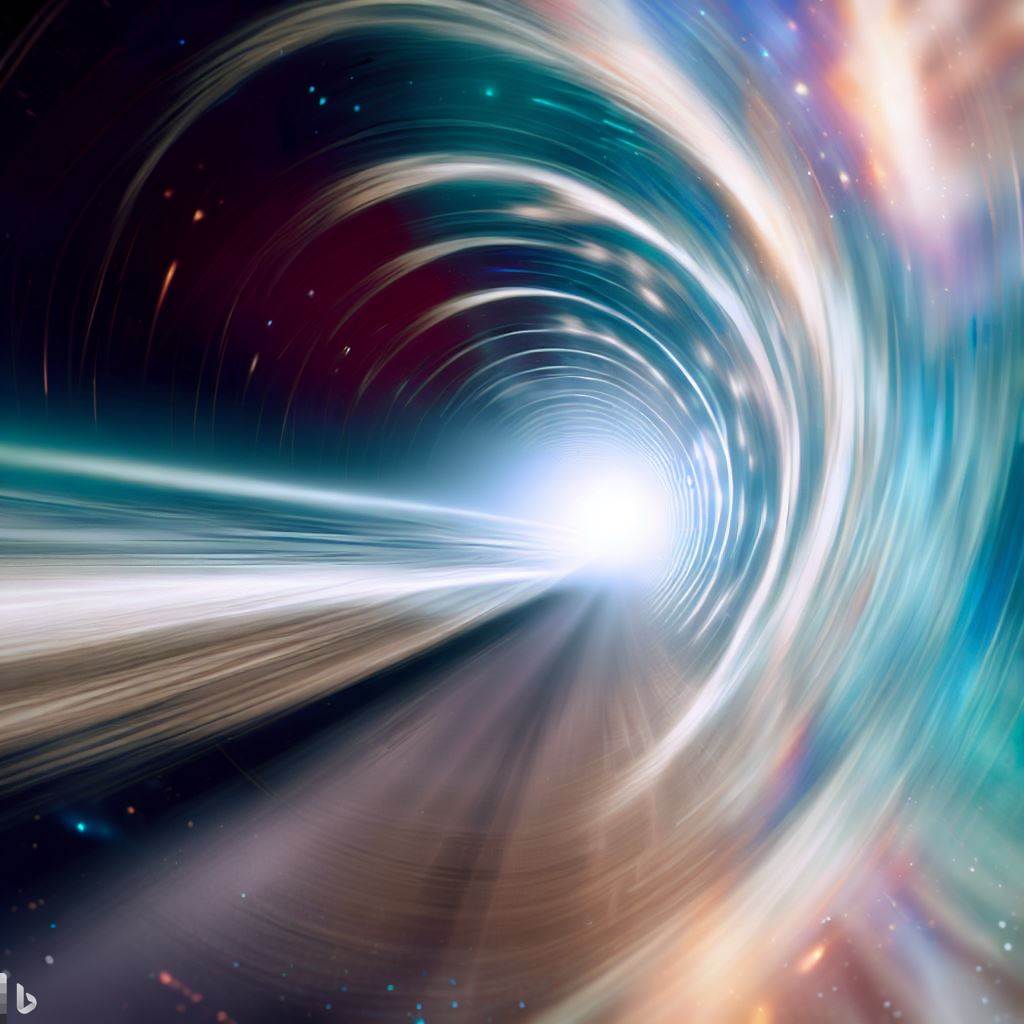
Wormholes, depicted in science fiction as shortcuts through spacetime, are another theoretical concept for time travel. If traversable wormholes existed, they might allow travel to a different point in time or even the past. However, no experimental evidence supports their existence, and their stability raises concerns.
Now let's delve into the questions that arose in my mind and explore the answers I've found.
Can we prove time dilation by creating a chamber with intense gravity and placing a clock inside?
Answer: While time dilation due to gravity is well-established, creating practical experiments on Earth to demonstrate significant time dilation near the speed of light or a black hole is currently not feasible. Scientists rely on indirect observations and experiments in extreme environments to study and verify time dilation effects.

What if we convert the mass of the object we want to travel at the speed of light?
Answer: Converting mass into energy, as described by Einstein's equation E=mc^2, would remove the object's mass and theoretically allow it to approach the speed of light. However, achieving such speeds with an object of mass is currently beyond our technological capabilities due to infinite energy requirements.
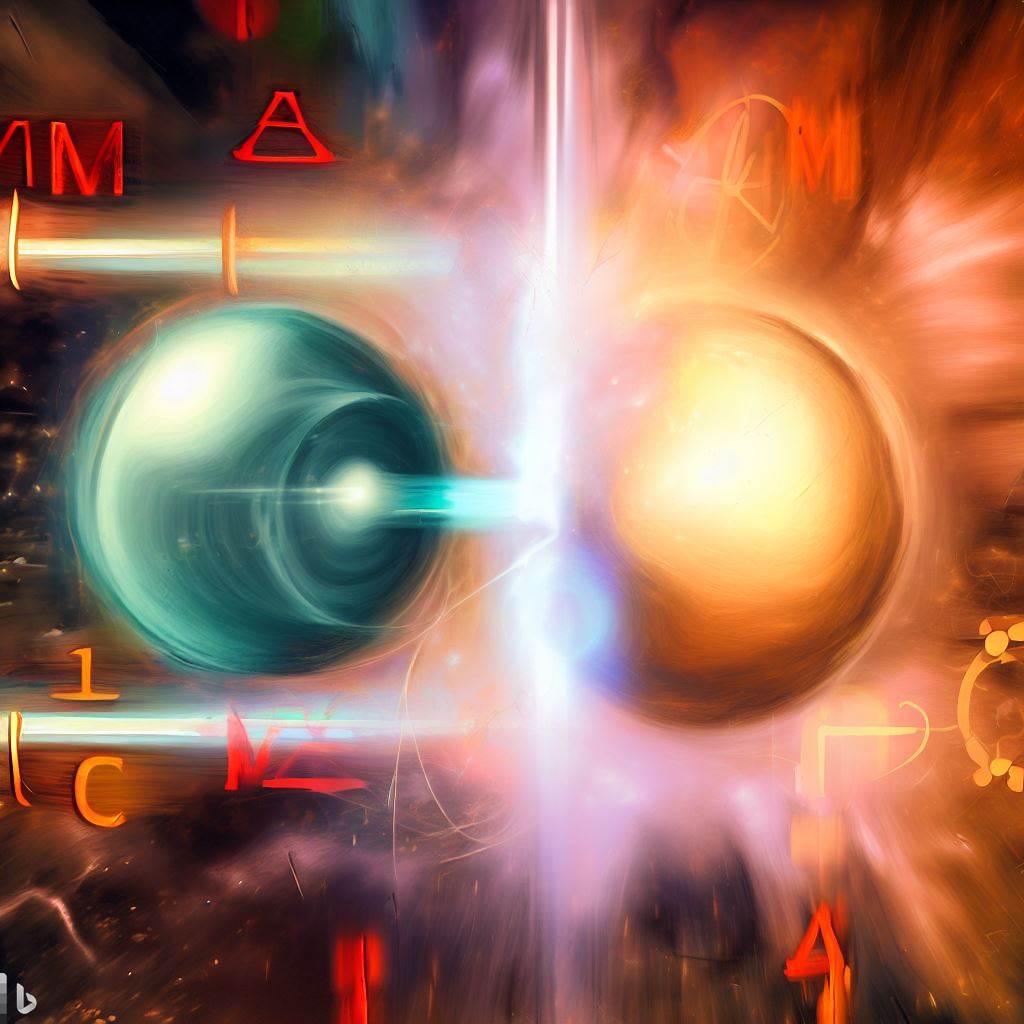
In conclusion, time travel remains a captivating topic that stretches the limits of our understanding. While traveling into the future is theoretically possible through time dilation, traveling to the past poses significant challenges and remains purely speculative. Theoretical constructs like CTCs and wormholes add excitement to the discussion, but their feasibility remains uncertain. So, for now, we'll have to keep exploring the mysteries of time and space through science and imagination.
Question For You : Time dilation, as described by Einstein's theory of relativity, allows for time travel to the future. If you could "time-travel" to a specific point in the future, what event or discovery would you want to witness?
That's all for now! See you soon.
For more posts, don't forget to follow @ProfessorNobody .
Please sign in
Login and share

























